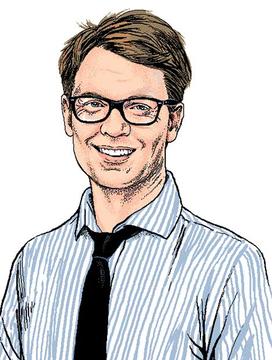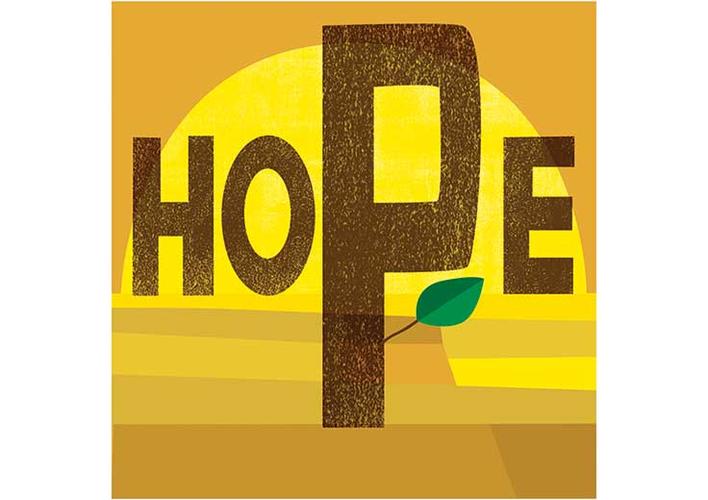Religion Professor Andrew Chignell on the Ethics of Belief

He was also raised in an evangelical home, and he credits this upbringing with shaping his philosophical focus. “I was brought up pretty seriously religious,” he says. “I wanted to figure out some of these [religious concepts], and whether I believed any of them, and why.”
In 2004, Chignell earned his Ph.D. in philosophy and religion. Chignell is now a Princeton professor with joint appointments in religion, philosophy, and the University Center for Human Values. His work focuses on the ideas of German philosopher Immanuel Kant, and on the philosophy of religion, belief, hope and despair, and food ethics.
Chignell’s Studies: A Sampling
Who’s to Say?Say you’re at the top of a mountain and a chasm has suddenly opened up, forcing you to jump across to safety. Firmly believing you’re going to make it, even though you lack evidence, is not just morally reasonable, it is a practical imperative for your survival. So why can it be so unpalatable when people assert their beliefs in the absence of knowledge? “Where do those standards come from, and to what extent are they ethical?” Chignell asks. “When and where is it morally or ethically relevant what you believe? That is one of the main questions I’m interested in: the ethics of belief.”
Daring to Hope
Contemporary philosophers are torn between two approaches to hope, Chignell says: ancient and Nietzschean traditions, which suggest hope is either delusion or the flip side of fear, and therefore worthy of suspicion; and a popular view of hope as a desirable trait. Through a four-year interdisciplinary initiative that he co-directed, Chignell concluded that while there are instances in which both hope and optimism are risky propositions, overall they can prove “extremely valuable in terms of promoting our projects, retaining resolve, enriching our relationships, and avoiding the kind of demoralization that comes with dogged, hopeless realism.”
Eating Right
People hoping to make a difference with their food choices are often confronted with massive supply chains that don’t register the effect of individual boycotts, Chignell says. It can lead to despair about one’s ability to have an impact, as well as opportunistic or selfish behavior if you rationalize that your choice doesn’t matter in the grand scheme of things. What leads some people to persevere? Chignell says his research finds people are driven by one of three beliefs: Their individual actions will signal a shift in demand and bring about change that way; they will form a collective that makes a difference; or there is something “crucial about ‘standing with the good’ even if it makes no difference.”














No responses yet